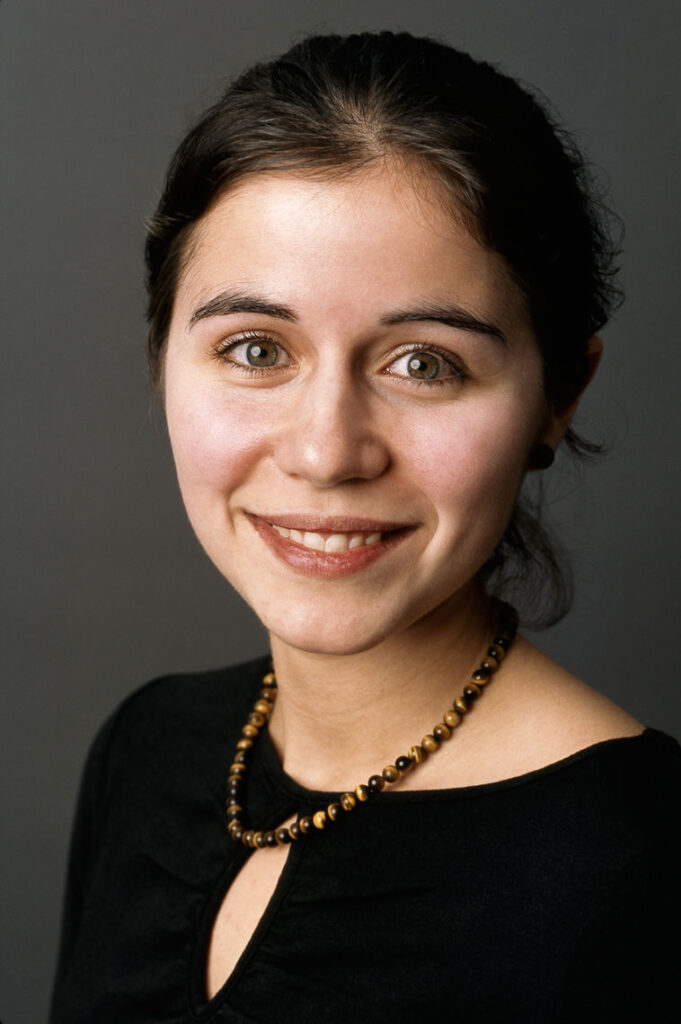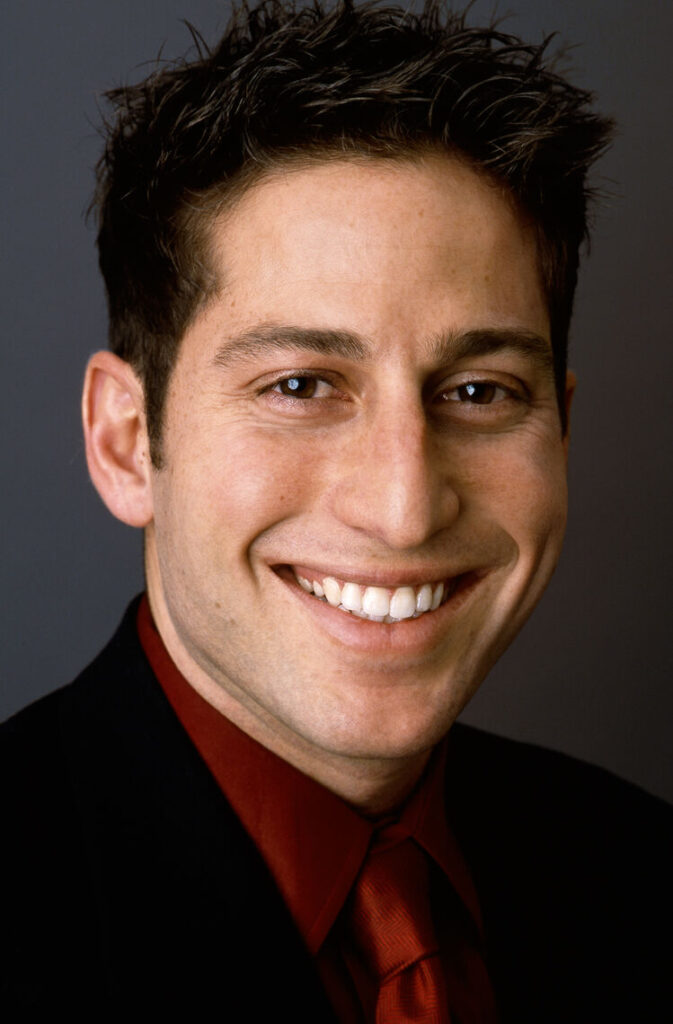
Michael N. Trinh
Internal Medicine Residency, Physician Scientist Program at Massachusetts General Hospital
Paul & Daisy Soros Fellowship awarded in 2021 to pursue an MD in Medicine and a PhD in Molecular Genetics at University of Texas Southwestern Medical Center.
Child of refugees from Viet Nam
Related Articles
-
 Read more: Looking Back at the Fellowship: MD/PhD Student Michael Trinh
Read more: Looking Back at the Fellowship: MD/PhD Student Michael Trinh- Fellow Highlights
Looking Back at the Fellowship: MD/PhD Student Michael Trinh
Meet More Fellows
-

Markella Zanni
Associate Professor of Medicine, Harvard Medical School
Markella Zanni is the child of immigrants from Greece. Fellowship awarded in 2002 to support work towards an MD in Medicine at Harvard University
-

Anita Yang Hsu
Senior Vice President and General Counsel, MBK Real Estate Companies
Anita Yang Hsu is an immigrant from Taiwan. Fellowship awarded in 1998 to support work towards a JD in Law at University of California, Berkeley
-

Kao Kalia Yang
Activist & Professor, Author
Kao Kalia Yang is an immigrant from Thailand. Fellowship awarded in 2003 to support work towards an MFA in Creative Writing at Columbia University
-

Richard Vidal
Head of Global Agency Business Development, Google
Richard Vidal is the child of immigrants from Cuba. Fellowship awarded in 2003 to support work towards an MD in Medicine at University of Pennsylvania